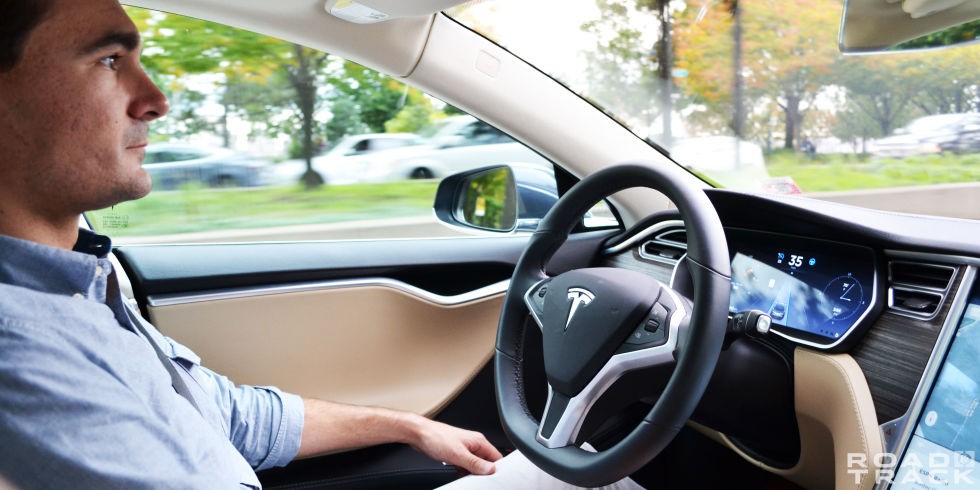A new wave of innovation, led by car manufacturers and automotive-tech companies, is transforming the driving experience. Louis Dolding from the University of Nottingham has written a an article on the future of vehicle technology.

Looking back at cars of the early ‘noughties’ where heated seats, Bluetooth and an AUX socket were considered luxuries in an everyday saloon, it is difficult to comprehend how the cars of today have progressed so rapidly. Driven by new innovations and huge advancements in technology over the last decade, comforts such as cruise control, SatNav and parking sensors are now common place in even the most affordable of hatchbacks. With this is mind it is no wonder that car enthusiasts eagerly predict what advancements may be coming to the cars of the future.